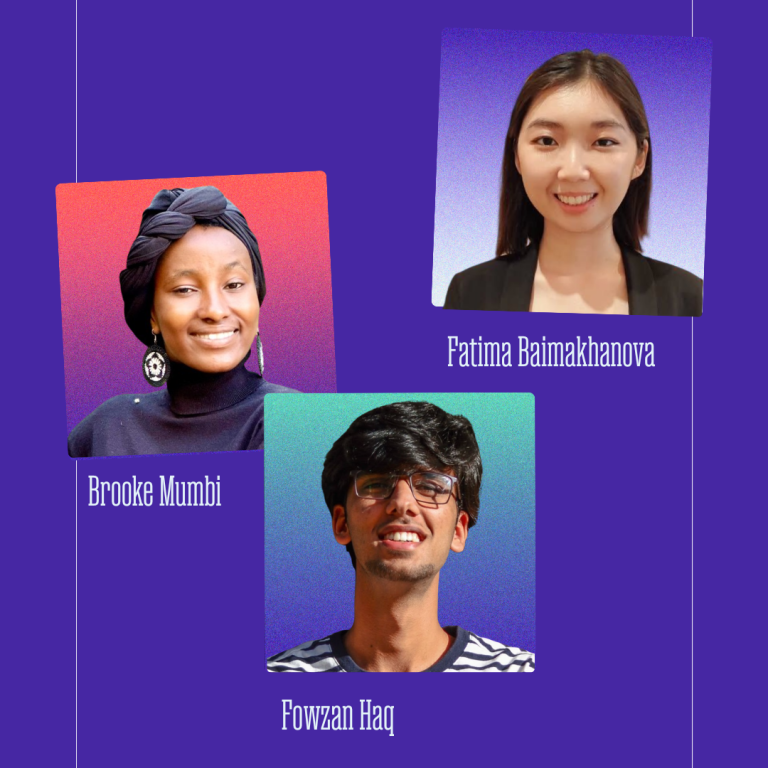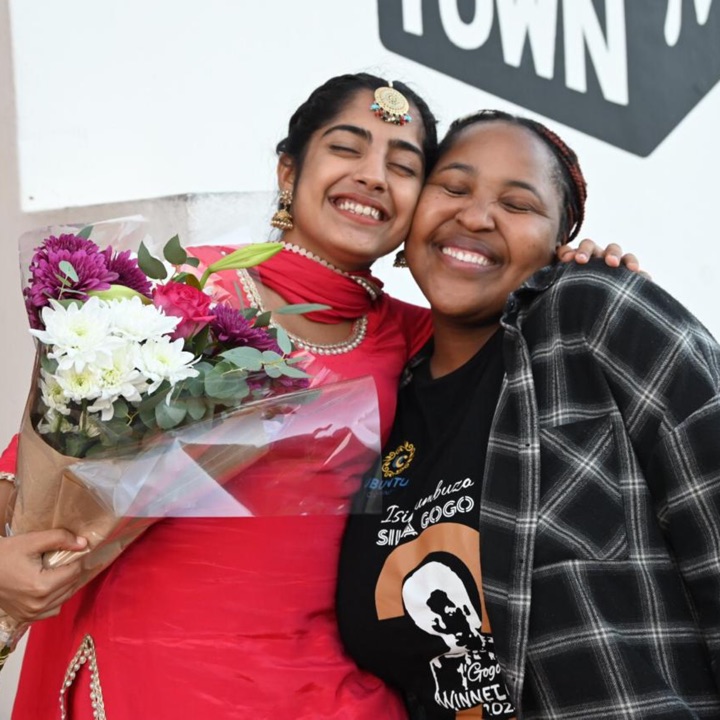Orginally published in the Ashland Daily Tidings
After high school graduation, most teenagers follow a somewhat muddled path because — let’s be honest — who actually knows at the tender age of 18 what they want to do with the rest of their life? Maybe they start on a route to take them to college, a technical school, the military, or jump straight into the workforce with no training wheels.
Erik Oline, an Ashland High School graduate, decided to take a gap year — and not one of luxurious European travel filled with delicious carbs and art museums. Oline has spent the past six months in Senegal on the Western coast of Africa, living in a small village and working on his host family’s farm.
A gap year, common place in the U.K. and EU, is a time between high school and higher education to travel and learn to have a better sense of oneself and how one fits into the grander scheme of our world.
It’s not a common practice for Americans, but through the nonprofit Global Citizen Year and after an extensive number of essays and interviews, Oline was selected to live and volunteer in Senegal.
Once selected, applicants have the choice between Brazil, Ecuador, India or Senegal to “build self-awareness, global skills, and grit – the foundations for success in college and beyond,” according to the website.
“Before I committed to a gap year in Senegal, I knew two things about Senegal: where it is, I probably could have found it on a map, and that the capital is Dakar,” Oline said. “In other words, I knew nothing about the place I was moving for the better part of a year, and that is exactly why I chose Senegal …. It would be very different than anything I’ve experienced before.”
Oline, who was raised in Oregon, said he’s had some incredible experiences thus far, including the accomplishment of a lifelong goal to catch a tiger fish. His passion is fly fishing and he’s spent the past few summers working at an annual fly fishing summer camp in Northern California. Oline said he landed the tiger fish on his fly rod in January on the Gambia River in Southeastern Senegal’s Kédougou region.
He said he’s in the process of setting up a fly fishing guiding job in the Argentina Patagonia for another gap year, but if that doesn’t work out then his plans are to attend the University of Montana.
The small village he lives in is called Keur Birima. In the Thies Region of Senegal, it consists of roughly five homes and 50 people. Oline said his host family has been the most influential aspect of his experience, comprising a host mom, dad, 10 siblings aged 16-37 years old, and an abundance of host nieces and nephews.
Oline said his host family only speaks the native language, Wolof, and that helped him learn it much faster.
“By month three I was conversationally fluent, by month four I had my first dream in Wolof, and now in March, the language barrier no longer exists,” Oline said.
He said besides the local language, he’s also learned an infinite number of demographic nuances, such as the proper way to cook the local food ceebu jen (rice and fish), how to birth lambs and transplant mango trees.
He said that the first couple of months living with strangers that speak a foreign language was exhausting, but now that the culture shock has subsided and he’s somewhat fluent in the language, he considers his host family to be his second family and compares his life in Senegal to his life in the U.S. He described his first week as thought-provoking.
“I think I learned more about myself, the world and everything in that week than all of high school,” Oline said.
His host family lives on a large farm where they grow everything from millet to hibiscus, and so most of his time is spent working alongside his host father and brothers. Oline said he cherishes the relationship with his host father.
“My favorite moments are when someone asks my host dad who is the random white guy hanging out with him,” Oline said. “My dad always has one response: ‘my son.’”
When he’s not working on the farm, he volunteers at the local high school in a neighboring village where he teaches English to students around his age. He said he’s made numerous friends that started out as his students. He also spends his free time cooking with his host mom and sisters, and working out in a makeshift gym with his host brothers that they built from scrap metal gathered around the farm. Physical fitness is important to the Senegalese, he said.
His meals are the same every day without change, except for special occasions. There’s bread for breakfast, ceebu jen and vegetables for lunch, and couscous for dinner. He said it’s taught him to be immensely grateful that we have so much variety and the daily option for meat in the U.S. But, above all else, this experience has humbled him.
“Senegal is known as the ‘country of teranga,’ which means hospitality. This is a massive understatement,” Oline said. “The Senegalese people are the most open-hearted, warm, welcoming people I have ever met. I had no idea that this large of a group of people could be so amazing, down to the last man. When it is lunchtime it is commonplace to see complete strangers invited into homes for meals.”
CEO and founder of the Global Citizen Year organization Abby Falik said her transformative experience volunteering in Latin America for her gap year inspired her to create an organization that ensures this type of experience “becomes the norm, not the exception, for our next-gen leaders.”
Falik said the participants, or fellows, stay longer and experience more depth than a traditional study abroad program generally allows. She said that these experiences are crucial to the identity-forming period of young adults because it molds them for the rest of their lives, and that essentially is our future.
“They come home humbled, empowered, and forever changed,” Falik said. “Our Fellows build the human bridges that withstand the winds of political change. And when they come home, it is with a foundation of empathy that informs their leadership, and through them, America’s leadership in the world.”
One of the requirements of the program is that fellows keep up a blog during their time abroad.
“I enjoy writing in my blog,” Oline said. “It allows me to think retrospectively about my time here in Senegal and tell some jokes and funny stories, as well as inform my mom that I am still alive.” (Oline’s blog is online at en.globalcitizenyear.org/author/erik-oline/.)
Oline said he highly recommends a gap year through Global Citizen Year and ultimately compared his experience to a “smaller Peace Corps.”
“Traveling abroad through GCY is a full-time commitment,” Oline said. “You are never not in the program.”
His advice to future applicants: “Don’t sweat the interview, it’s all done by alumni who just want to get to know you.”
Oline said he misses the Pacific Northwest, and the hardest adjustment he’s made was adapting to a slower pace.
“At first it was tough adjusting to so much free down time, but now I’ve gotten used to slowing down and enjoying the Senegalese sunshine,” Oline said.
His gap year ends mid-April.
“After 6 months in Senegal it feels like the reason I’m here is to improve myself through mental and physical discipline,” Oline said.



